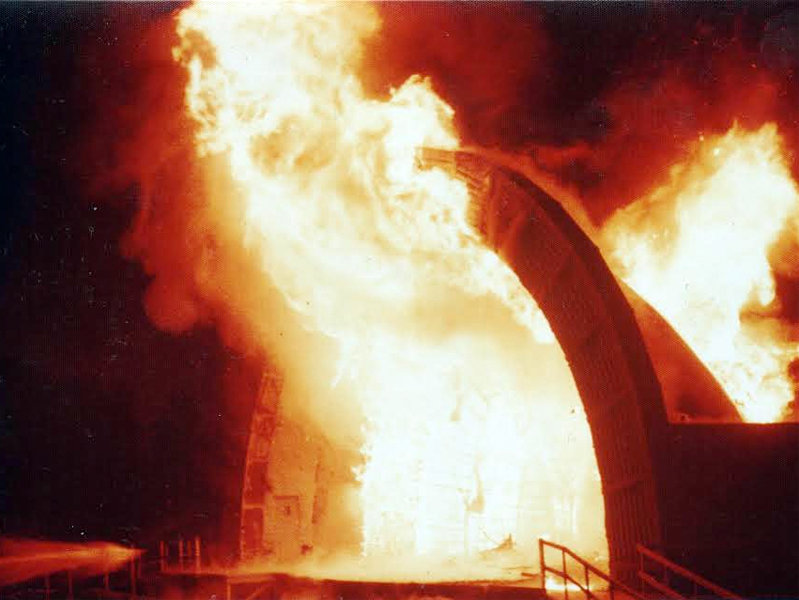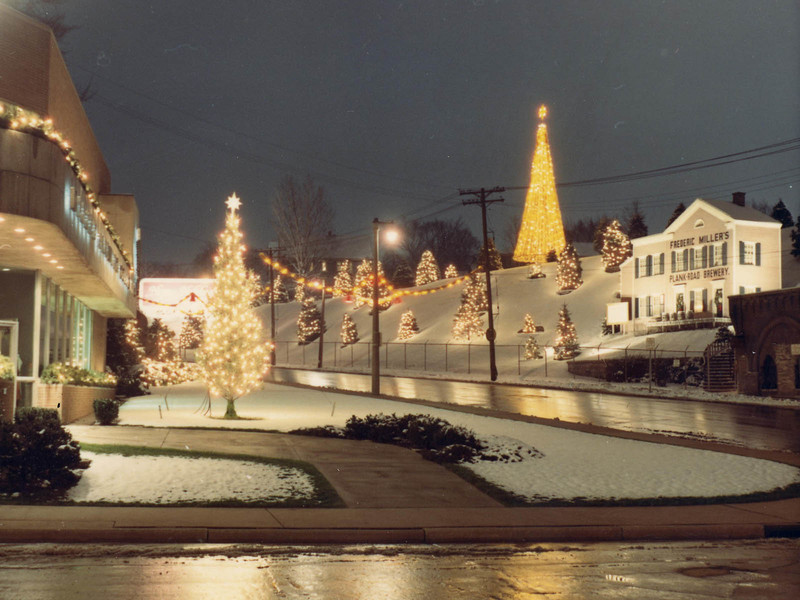On Monday, Aug. 5, Wisconsin will dedicate the first LGBTQ historic landmark in state history. The state landmark, sponsored by the Wisconsin LGBTQ History Project, is also the first to honor a person of Black transgender experience.
Dr. Tatyana Moaton will serve as keynote speaker for the event, which will also include elected state and local officials, civic leaders, project volunteers, and musical accompaniment by the Milwaukee HandBell Ensemble.
Tatyana Moaton, PhD, is an esteemed leader in healthcare innovation and public health, serving as the Director of Strategic Innovations and Partnerships at a prominent healthcare organization in San Francisco, CA. With a PhD in Business specializing in management science, Dr. Tatyana has dedicated her career to driving strategic advancements in healthcare.
Her work with the CDC and her advocacy for diversity, equity, and inclusion highlight her commitment to improving health outcomes and fostering inclusive environments. As a Milwaukee native, Dr. Tatyana’s return for this historic event underscores her deep connections to her roots and her ongoing dedication to advocacy and public health.
“I am deeply honored to return to Milwaukee for this significant occasion,” said Dr. Tatyana. “The Black Nite Brawl was a turning point for our community, and this historic marker will ensure that the bravery and resilience of those who fought for our rights will never be forgotten."
"Coming home to celebrate this legacy is incredibly special to me.”
About the Black Nite Brawl
The Black Nite Brawl, which occurred on Aug. 5, 1961 was Wisconsin's first known LGBTQ uprising. When four servicemen violently invaded the Black Nite Tavern, 400 N. Plankinton Ave, the community – led by Josie Carter, a young Black transgender woman – protected their space with a vengeance. At a time when even drag queens were not welcome in gay bars, the Black Nite was one of the only places in Milwaukee that allowed expansive gender expression.
The brawl was a shocking stance against homophobic bullying, harassment, and violence, at a time when homosexuals were widely believed to be passive, docile, and easily victimized.
By the time the sun rose the next morning, widespread media coverage had fostered a great awakening: gay people existed in Milwaukee, in large numbers, and they would no longer accept the abuse. People realized they were not alone in the world, but had been part of a marginalized community. For the first time, they were ready to fight for liberation.
By 1982, Wisconsin was the first Gay Rights State in the nation -- and that progress traces back to one Black trans woman's decision to take a stand for her chosen family.
"While the History Project did the work to prove the Black Nite happened, and achieved both civic commemoration and historic designation, the victory belongs to our Black and brown elders," said Michail Takach, chair of the History Project. "The people who fought at the Black Nite never expected to be heroes. They never expected to be remembered by history. We are proud to shine a bright light on their stories."
Call to action
Join us on Monday, Aug. 5, at 3:30 p.m. as we honor the courage, resilience and resistance of Josie Carter and the Black Nite customers, who ignited the spirit of local LGBTQ pride, community and collective action.
Numerous Downtown Milwaukee buildings and the Hoan Bridge will be illuminated in transgender pride colors on Monday, August 5, to raise visibility and awareness of the challenges this community still faces today. The Wisconsin LGBTQ History Project will sponsors all costs of illumination.







